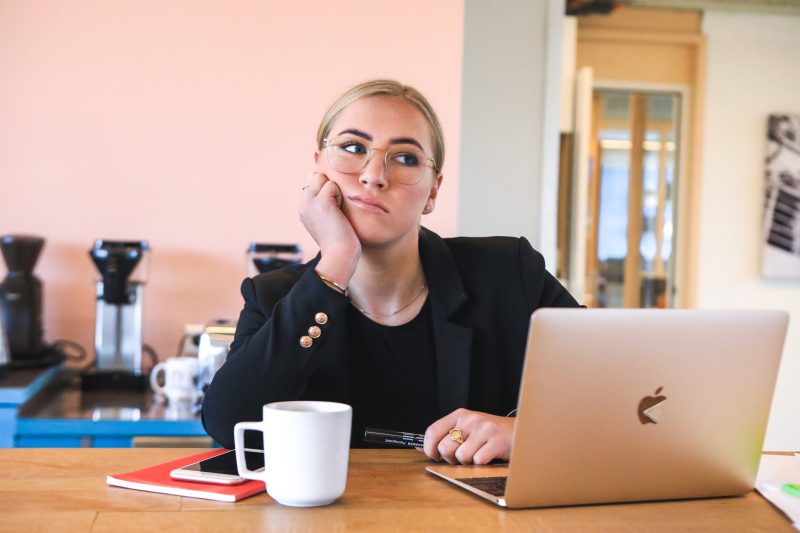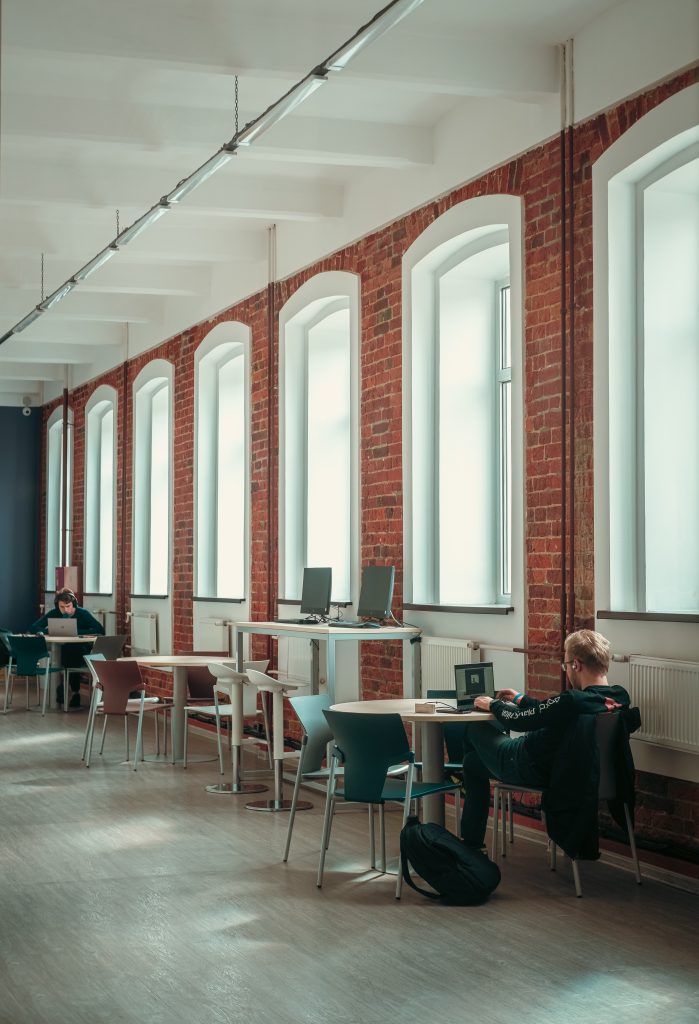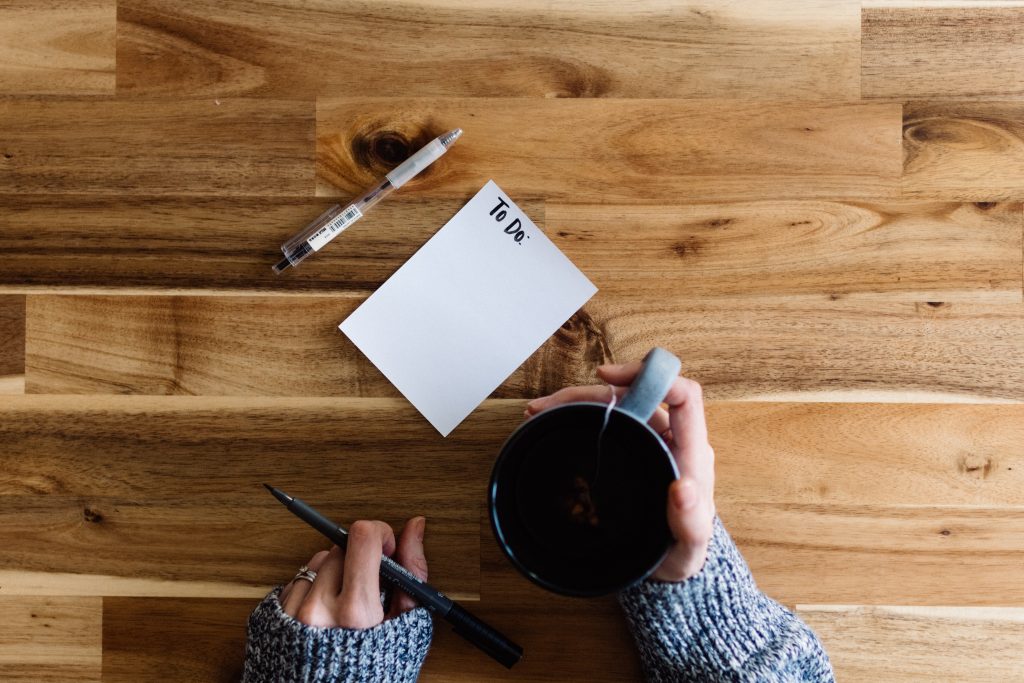
Application submitted! What to do while you wait?
By applying you have already done the hard part, now come the months of uncertainty… From personal experience, there were moments two years ago when I thought “This waiting is harder than writing the personal statement ever was.” If you are applying in the first round for any of the global master’s programmes, it is usually around 2 – 3 months after the final submission deadline, before you’ll hear back whether you got in or not or if you were waitlisted. Depending on what type of person you are, you might handle this time very differently. But if you tend to get anxious – the same as I initially did – then I have some tips/recommendations for how I dealt with this waiting time.
Keep doing what you’re doing

This may sound very simple, but the best thing to do is just focus on the present. Whether it be your studies, maybe writing your thesis like I was at that time, working, volunteering and enjoying your hobbies or a combination of all four, try to not stress too much on the “what ifs” and keep your focus on doing the best you can in the here and now. Keeping yourself busy is great for drawing your attention away from counting down days or excessively checking the university admission’s website for updates that likely won’t be there. This is not to say that you shouldn’t check the page at all, as you still may get notifications in the inbox, but it shouldn’t be needed in most cases. The time will go faster eventually and before you know it, the results will be published and you can move on from at least one of the phases of uncertainty to the next stage depending on the outcome.
Have a plan of action if you get in
By this I mean that if you feel like you want to prepare somehow, then here are a few of the most important topics to consider in my opinion:
- Have a look at living options and your budget. I would start by checking out KI housing and a previous post from Inika for some initial tips.
- Look at the research done at Karolinska Institutet to familiarise yourself with the labs that you might be interested in doing projects in. This might be something that you have already done before even applying, but I think it is great to feel more on top of your options once you get in.

- Have an overview which documents you will need to live and study in Sweden. You will get more information on this closely after the results have been released, so don’t dive too deep, but it would be good to know what and from where you need certain documents, especially for international (non-European Union) students.
Have a plan if you don’t get in
Even though it may be sad or stressful to think about, it is only natural to consider “What else could I be doing if I didn’t get in (this time)?” From my personal experience, I’d say that it might be useful to mentally prepare yourself for not being accepted as it is a very competitive university and there are a lot of applicants. This might be rooted in my upbringing as growing up I was always taught to have a plan B and maybe even a plan C.
As I had done all I could for the application and wouldn’t know anything until April, I decided to live and plan as if I wouldn’t get in. I looked at jobs and other programmes in Europe that looked interesting. I applied for a few of them and was finalising my CV for a starter position in a biotechnology company. Honestly, the fact that I kept moving and planning helped the time to go by faster, even if in the back of my head I had the dream of “maybe this time next year I’ll be in Stockholm” every now and then. And I would say that wherever you end up, it’ll work out. And if this year didn’t go as you hoped, take it as a chance to learn and gain more relevant experience and maybe apply again another year.
I hope that some of these points will be useful in finding ways to deal with the stress of waiting for admission results!

Karolina - Translational Physiology and Pharmacology
I am Karolina and I am a digital ambassador and a blogger for the Master’s Programme in Translational Physiology and Pharmacology here at KI. I was born and raised in Estonia, but for the past five years I have lived in the UK where I studied biomedical sciences with a focus on pharmacology. Outside of school I like baking with friends as well as doing water sports. When the weather starts to get warmer, I look forward to kayaking through Stockholm's world-famous archipelago.

0 comments